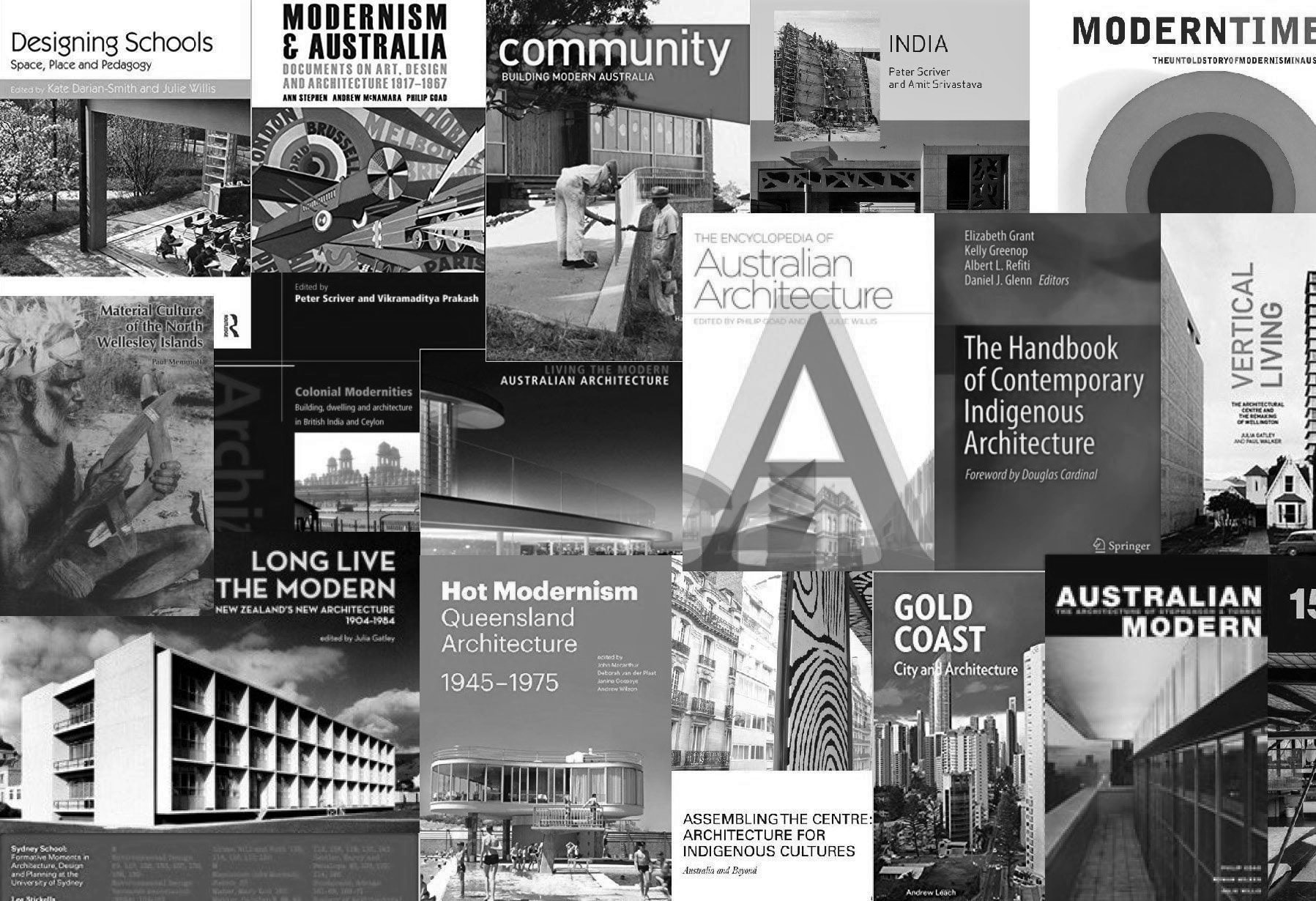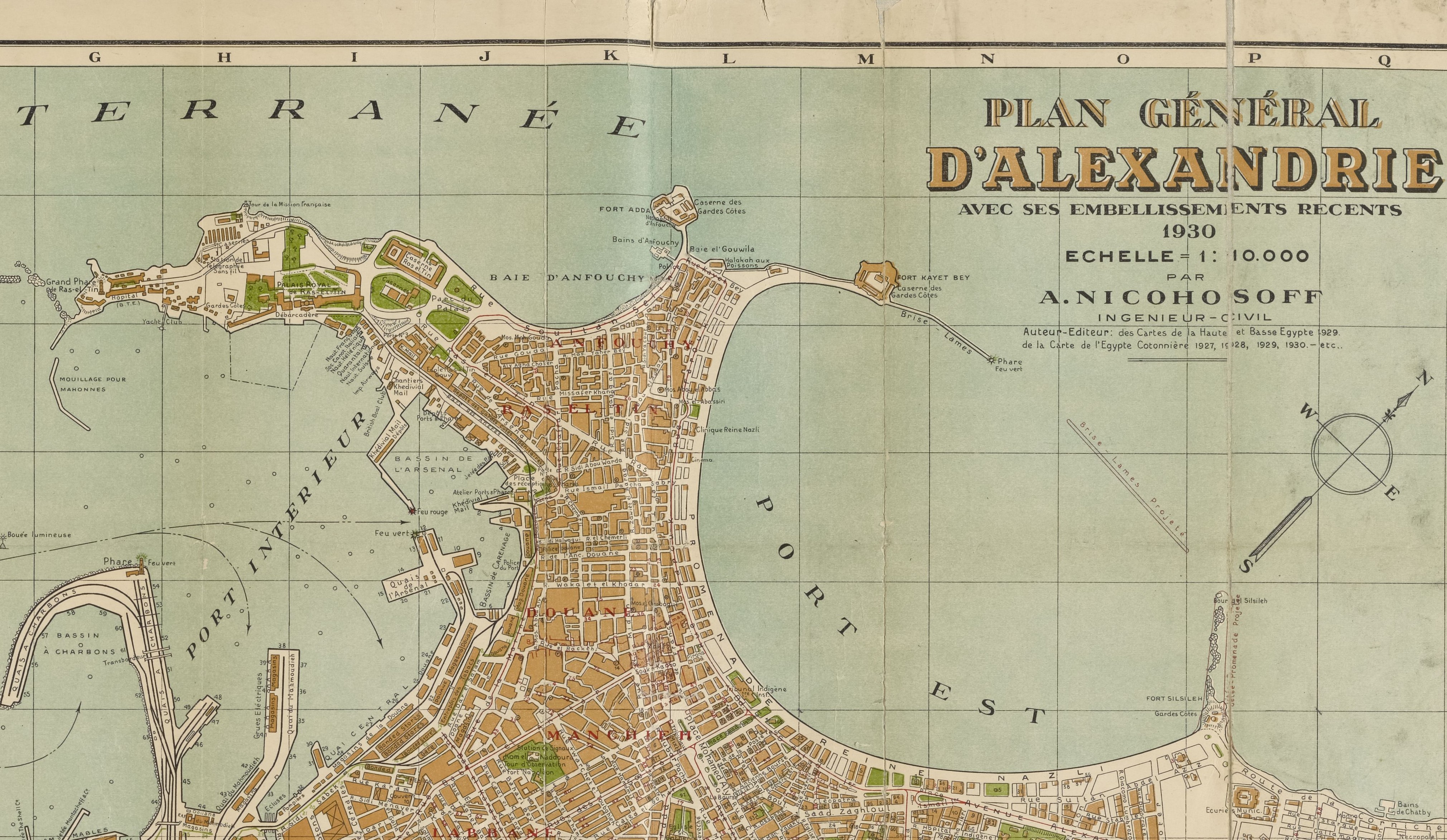PAST TALKS 2023
2 May 2023
Speaking of Architectural (Hi)Stories
MACARENA DE LA VEGA DE LEON
University of Melbourne
Respondent: Alex Maymind, University of Minnesota

***
ALI REZA SHAHBAZIN
McGill University
Respondent: Arianna Fognani, Coastal Carolina University
![]() The plan of Arab quarter where the fictional British Lieutenant Jushua Scobie lived in The Alexandria Quartet (1956) Nicoho Soff, “Plan Général D’Alexandrie ” 1 :10.000, (Egypt : Carte de l’Egypte Cotonnière, 1930).
The plan of Arab quarter where the fictional British Lieutenant Jushua Scobie lived in The Alexandria Quartet (1956) Nicoho Soff, “Plan Général D’Alexandrie ” 1 :10.000, (Egypt : Carte de l’Egypte Cotonnière, 1930).
How I love the place you have no idea: Poetic Language and Sensory Stimuli in the Arab Quarter of Alexandria
ALI REZA SHAHBAZIN
McGill University
Respondent: Arianna Fognani, Coastal Carolina University
 The plan of Arab quarter where the fictional British Lieutenant Jushua Scobie lived in The Alexandria Quartet (1956) Nicoho Soff, “Plan Général D’Alexandrie ” 1 :10.000, (Egypt : Carte de l’Egypte Cotonnière, 1930).
The plan of Arab quarter where the fictional British Lieutenant Jushua Scobie lived in The Alexandria Quartet (1956) Nicoho Soff, “Plan Général D’Alexandrie ” 1 :10.000, (Egypt : Carte de l’Egypte Cotonnière, 1930).While it is difficult for architectural representations to reveal lived-in places through conventional means such as diagrams and maps, the language of literature can identify qualities of place, including mood, and atmosphere. Studying Lawrence Durrell’s deep sensitivity towards place in his novel The Alexandria Quartet (1957) can help to better understand architectural context. Durrell’s depiction of place is in line with phenomenological definition of place as a humanizing space given with language and narrative which is the theoretical framework of this study that investigates the Arab quarter in a novel.
The quarter emerges through a hermeneutical read of British Lieutenant, Joshua Scobie’s urban experience. He is portrayed as a queer man, and a foreign inhabitant who feels at home as long-term resident of the neighborhood. The argument is that Scobie is not just a European sexual tourist with a homoerotic bond to place, but rather he has love for the Arab quarter as well. His topophilia arises from his active engagement with place, which gives him a sense of attunement. For Scobie, the architecture of the quarter emerges through olfactory aspects that reinforce embodied engagement. These sensory stimuli are intimately tied to poetic language. For instance, the smell of a bread in a street leads Scobie to be reflectively attentive to place and gives rise to poetic prose: “It smells like mother’s lap!” Reflection in such moments shows how Scobie finds his place in the city based on senses expressed with language as a medium to define the quarter’s character. Scobie’s journey shows that dwelling occurs when architecture stimulates poetic emotions to embody a place with a sense of belonging.
The quarter emerges through a hermeneutical read of British Lieutenant, Joshua Scobie’s urban experience. He is portrayed as a queer man, and a foreign inhabitant who feels at home as long-term resident of the neighborhood. The argument is that Scobie is not just a European sexual tourist with a homoerotic bond to place, but rather he has love for the Arab quarter as well. His topophilia arises from his active engagement with place, which gives him a sense of attunement. For Scobie, the architecture of the quarter emerges through olfactory aspects that reinforce embodied engagement. These sensory stimuli are intimately tied to poetic language. For instance, the smell of a bread in a street leads Scobie to be reflectively attentive to place and gives rise to poetic prose: “It smells like mother’s lap!” Reflection in such moments shows how Scobie finds his place in the city based on senses expressed with language as a medium to define the quarter’s character. Scobie’s journey shows that dwelling occurs when architecture stimulates poetic emotions to embody a place with a sense of belonging.